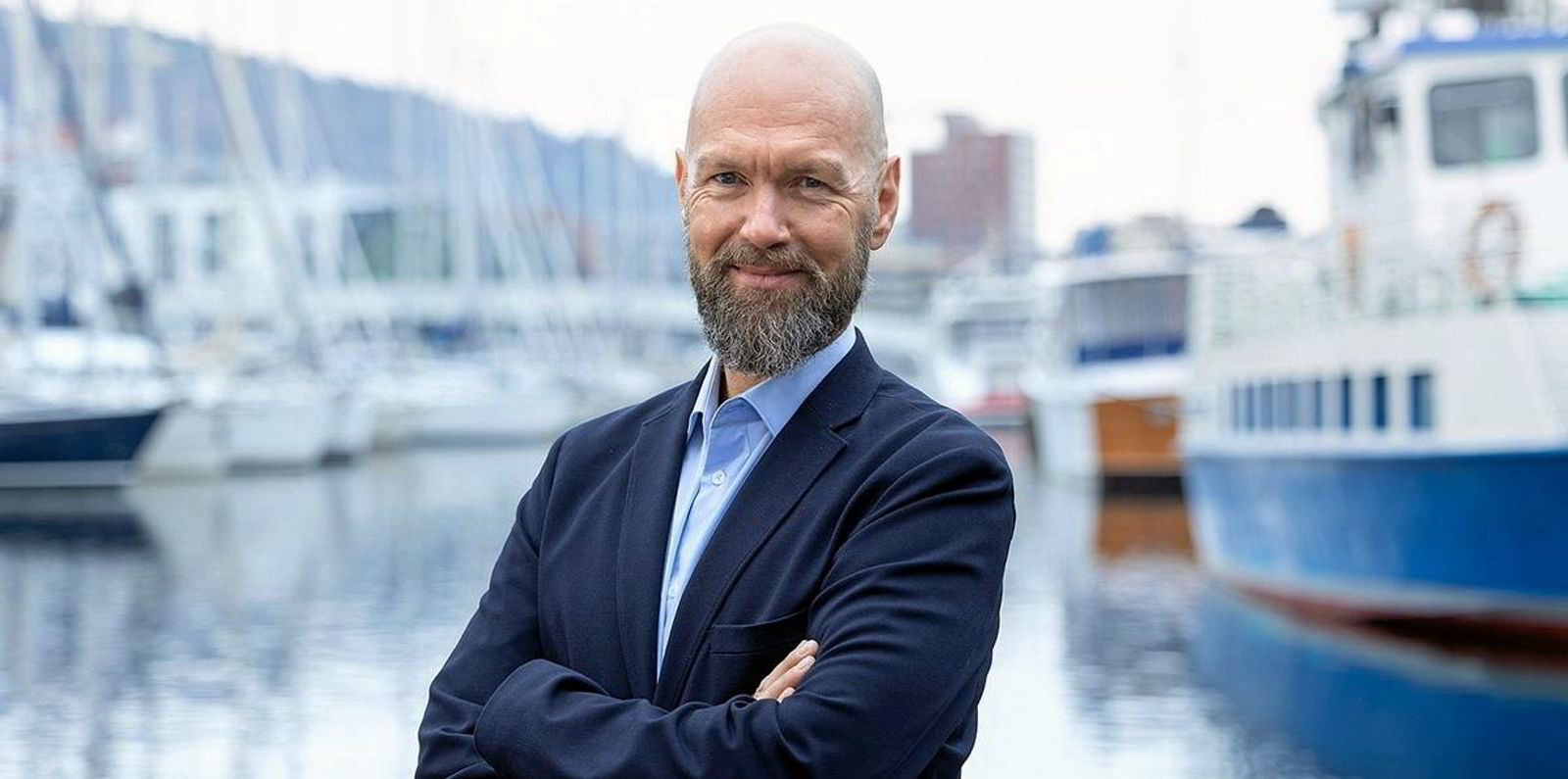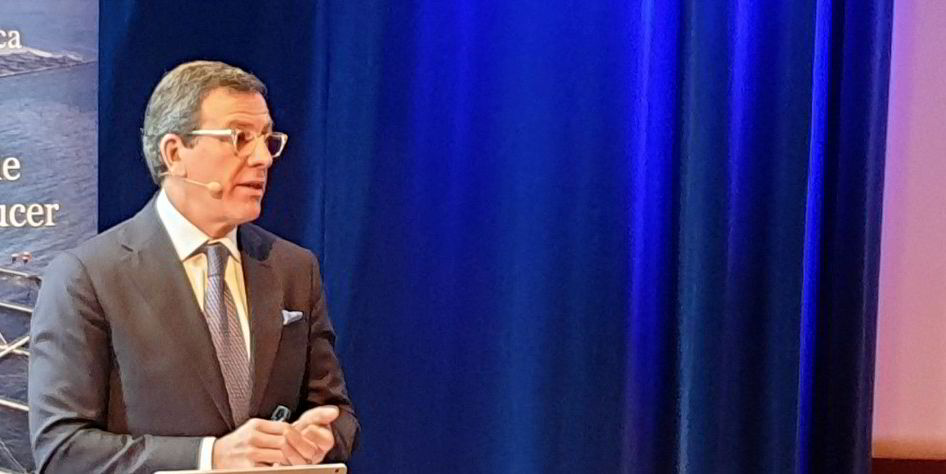Feed giant Cargill will begin adding algal oil into all feed delivered to the Norwegian market, a milestone for an ingredient that has the potential to reduce fish farmer's dependence on fish oil in aquaculture production.
Cargill said this week it will begin including the ingredient into its feed beginning in April.
Among the range of alternative ingredients for aquaculture, algae oil is one of the few that can replace fishmeal and oil without sacrificing omega-3 levels -- a critical part of seafood's health messaging to consumers.
Cargill has been delivering feed with algae oil included to Norwegian customers since 2018, including Norwegian salmon farming and harvesting giant Leroy Seafood, which tested the ingredient at an early stage.
Cargill credits Leroy with helping create a demand for inclusion of algal oil to make the addition of the ingredient commercially viable.
The algal oil project is backed by Cargill’s research project Millennial Salmon, which aims to replace large parts of salmon feed's traditional raw materials with new more sustainable raw materials.
The industry has been testing alternative ingredients for years, and while several hold promise, scale has been a challenge.
However, multiple trials of alternatives from insect meal to single-cell proteins are being tested by major feed producers.
Algae is emerging as one of the leading contenders. Danish-based feed company BioMar said earlier this year that feed produced at its Brande, Denmark, facility will include algae in half of its high-performance flagship salmon, kingfish and trout diets.
Baltics Managing Director Anders Brandt-Clausen told IntraFish that this increased use of microalgae at the Brande facility means the ingredient can no longer be considered a "niche."



